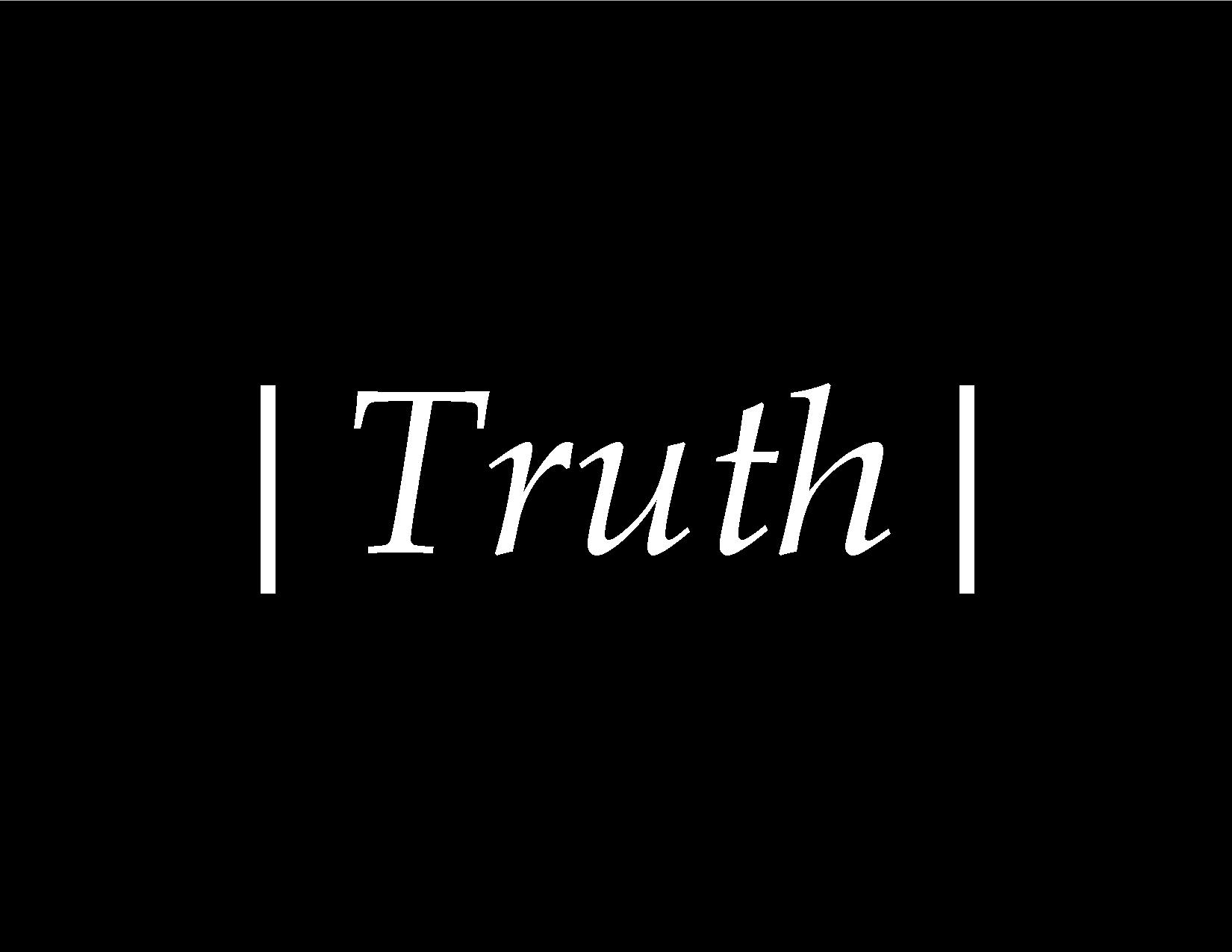 I love Seth Godin. I get his daily blog, and I’ve read many of his books. The other day he wrote a blog post called “Kinds of Truth” where he highlights different types of truth.
I love Seth Godin. I get his daily blog, and I’ve read many of his books. The other day he wrote a blog post called “Kinds of Truth” where he highlights different types of truth.
After reading it, I realized that, after working with hundreds of non-profits and over a thousand major gift officers over the last 15 years, I’ve seen two types of truth that define a successful major gift program which honors the donor’s passions and interests and produce net revenue for your organization:
Axiomatic truth and Experimental truth.
Axiomatic truth is truth about the system. As Godin points out in his blog, “The Peano axioms, for example, define the rules of arithmetic. They are demonstrably true, and the system is based on these truths.”
In “The Veritus Way” of doing major gifts, we have discovered that the system we’ve devised over the years works time and time again. In fact, when properly executed, it’s never failed to increase revenue year over year. I know that’s a bold statement, but the system or structure never fails.
Here it is:
- Develop caseload pools of your donors that meet your major gift metric in the last 0-24 months.
- Qualify those donors to fill a portfolio of no more than 150 donors.
- Tier the 150 donors from A-C. A typically will be anywhere from 10-25 of the 150. B’s will be 35-50 and C’s will be the rest.
- Develop a revenue goal for every donor in your portfolio.
- Create a 12-month strategic plan for every donor with at least one touch point per month. Those touch points are thanking, reporting back impact of a donor’s gift, letting the donor know you know them, and soliciting the donor.
- Employ a system of accountability so the major gift officer is reporting to a manager every week. With the manager’s help, the MGO will strategize donors, report back on the work they did the previous week and be held accountable to their revenue goals and strategy.
- Provide for your major gift team a list of offers (all contained within the operating budget) at different price points, offers that include overhead, for the team to give to interested donors with varying capacity.
This is the axiomatic truth of major gifts. If this system is deployed, the results will be that you know and understand your donor’s passions and interests, and you’ll be able to inspire that donor to invest in specific projects and programs whose results will bring the donor joy. And the organization will see increasing year-over-year net revenue and higher ROI.
The second truth about The Veritus Way of major gift fundraising is Experimental truth. As Godin states in his blog, “experimental truth may not have the clear conceptional underpinnings of axiomatic truth, but it holds up to scrutiny.”
And after 15 years of deploying this system, working with hundreds of organizations and over a thousand major gift officers, we’ve found that if it’s followed properly, our system works every time… it’s held up to scrutiny!
The reason it works is that the structure supports the major gift fundraiser in building strong, trusting relationships with the donors in their portfolio – which is how you succeed in fulfilling donors’ passions and interests through the mission of your organization.
Richard and I want to inspire you to adopt The Veritus Way of major gift fundraising as your way of doing major gift fundraising. There are no bells and whistles here. There is no new breakthrough to be had. It’s following a system, it’s being persistent and consistent, it’s doing the hard daily work… all with your eye and heart on serving your donor outrageously.
These two truths, Axiomatic and Experimental, make up The Veritus Way of doing major gifts which, if followed correctly, leads to an incredibly successful major gift program.
Jeff







0 Comments